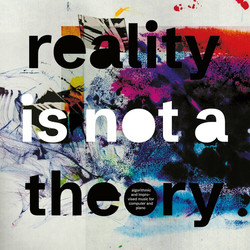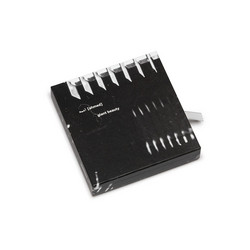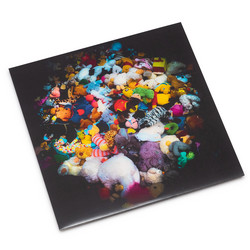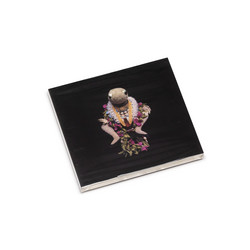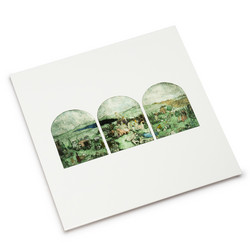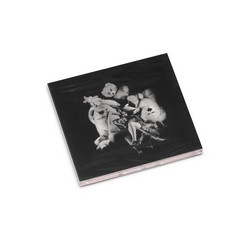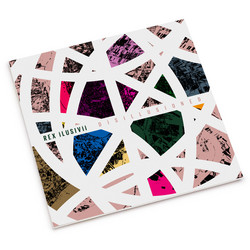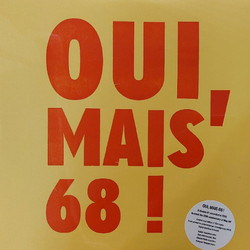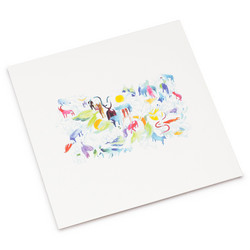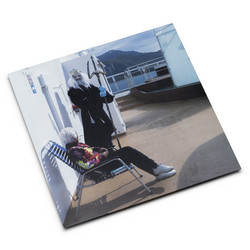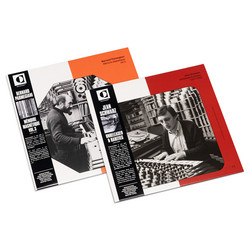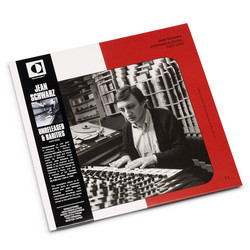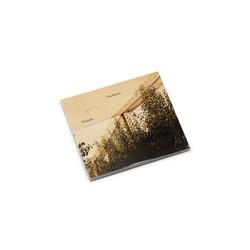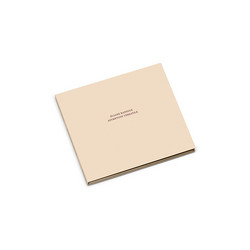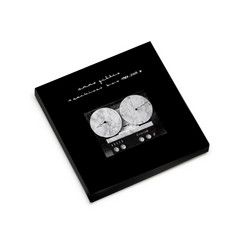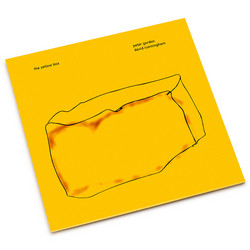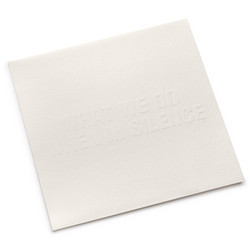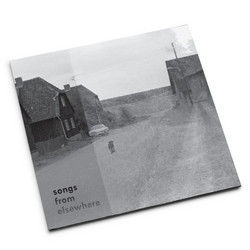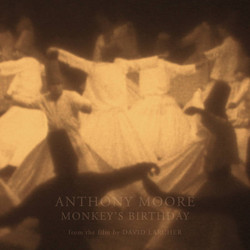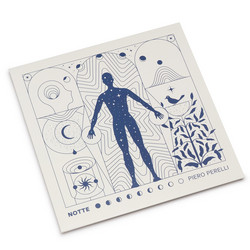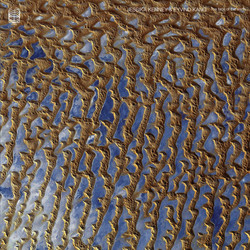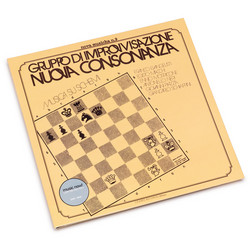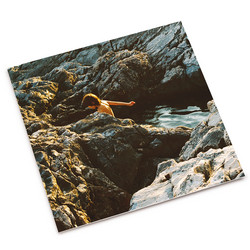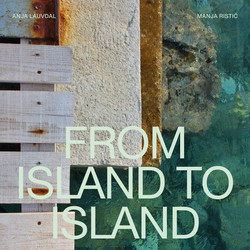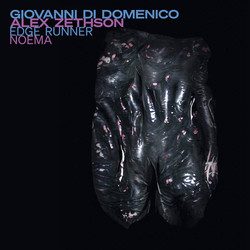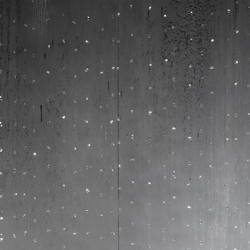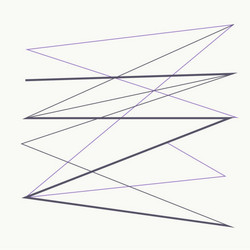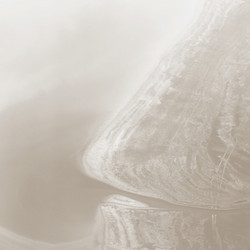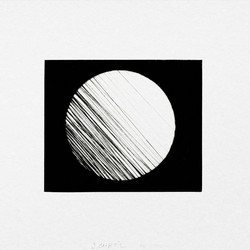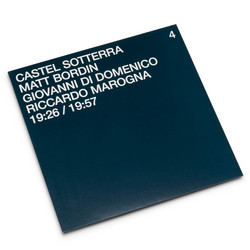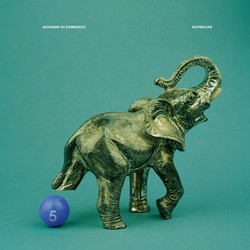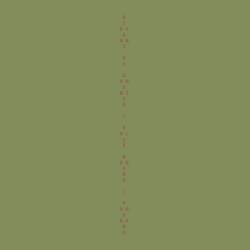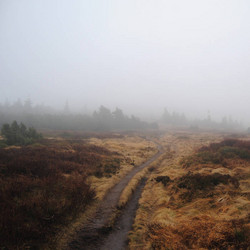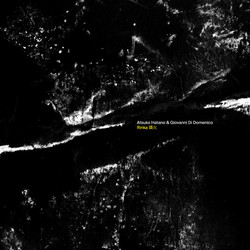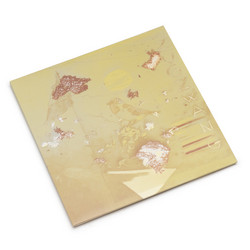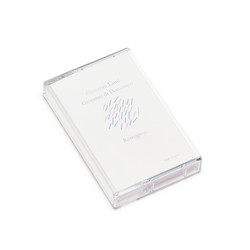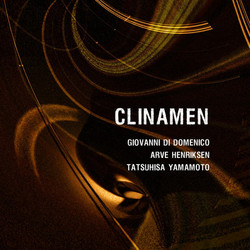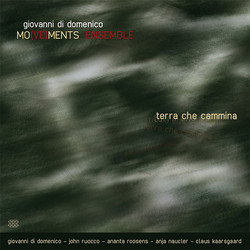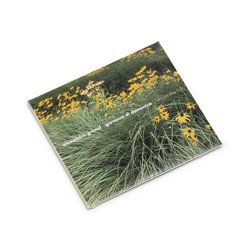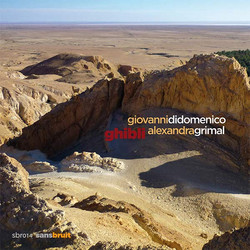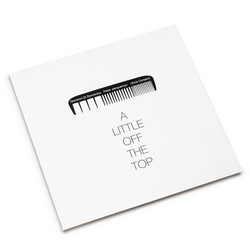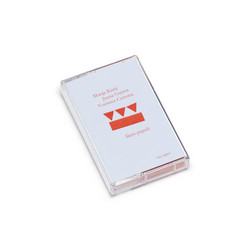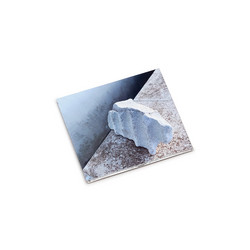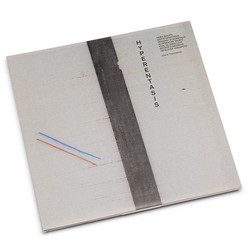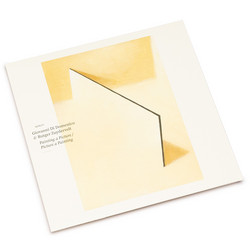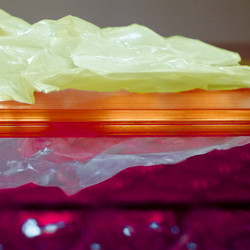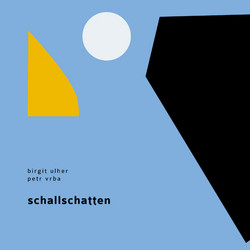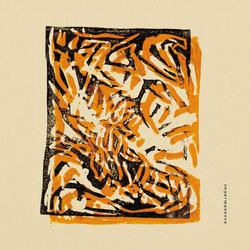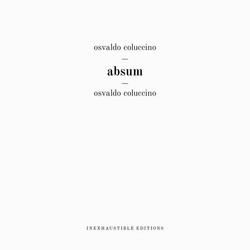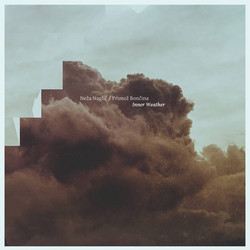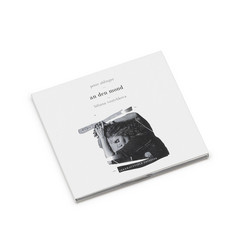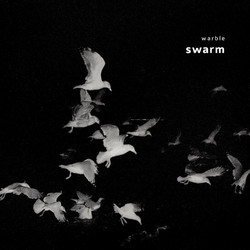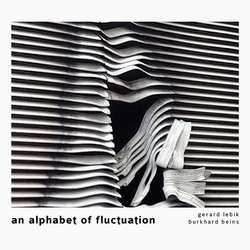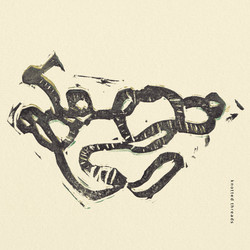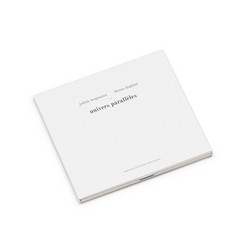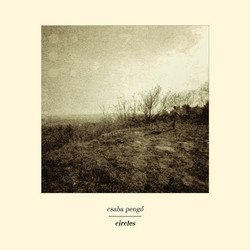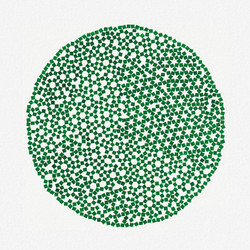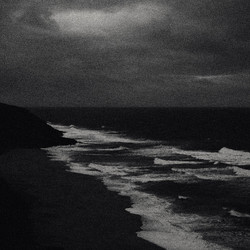Manja Ristić, Giovanni Di Domenico
Alinea
"In the past two pandemic years we have experienced turmoil that has in a way redefined our relationship towards the human community as such. Our social skills and our ability to share the time and space with others have been seriously crippled, and in some instances made redundant. We have enclosed ourselves in safe spaces, usually in family units, stopped extensive travelling and meetings. The physicality of existence and of being with others changed to encompass different sanitary dispositives such as masks. The barriers were built and maintained. We have become voluntarily isolated and socially incoherent, except in the realm of digital communication. There, a great progress has been made to facilitate new modes of living together through data and streaming. We became digital creatures more than ever before. Safe maybe, but not quite.
In the domain of experimental, improvised and electronic music remote collaborations have been “de rigueur” for many years now. Like-minded people tend to create together with the help of technology from our server and cloud based world. In this sense, while the pandemic has changed the way we communicate, in this specific corner of our human creative universe, artists used already established “concert-less” spaces to make, interrogate, publish and cooperate. In other words, they tried to be with one another through listening and sharing their artistic thoughts and sounds. To breathe the same sounding time.
Listening to Alinea, it seems that we are in the middle of a conversation between Manja and Giovanni. We feel a strong spiritual bond between them which is forged by their collaborations and playing together for many years now. The closeness and understanding between their musical minds is palpable and real. There is a keen sense of trust between the artists and between them and the audience.
This is why the sound world of Alinea envelops the listener into a tight, friendly embrace from the very beginning. Manja and Giovanni merge their respective sound worlds fluidly, yet we can discern them individually. While Giovanni’s piano forms a sometimes rhythmical, sometimes lyrical pillar for every track, Manja’s violin swirls around, answers to its motivic calls, multiplies its lines, gives new trajectories and propels it to move and to grow. And yet, in the background of it all, there are field recordings of water, sea, nature, human voices and movements, rain, birds, storm, insects, small accidental noises – the sound of everyday life and surroundings, whose effervescent mystery is delicately captured. As we know, Manja Ristić works with the materiality of sound in her oeuvre, manipulating it and putting it in a wider musical, conceptual and political context. Usually she communicates with these snippets of captured lived time with the help of violin, as her inner, abstract and lyrical voice. Therefore on Alinea, we actually have three layers of conversation: between soundscapes and violin, between their “ensemble” and piano, and between all of them at once. This is why the interplay between them feels fluid and seamless, allowing for a deep, exciting and ever changing listening experience. And yet, if we are thinking of Alinea as a whole, we are experiencing something akin to a wave, that starts in the relative sparsity and grows to a strong energy pulsation, before returning to the slippery, watery calmness of its emerging sounds.
Alinea within its abstract and lyrical narrative is best understood as a sound letter between friends who are separated by real and lived distance. Its epistolary nature runs deep. The little offerings of everyday life that they give each other, invite us to participate, to meditate on the fragility of existence in these uncertain times of pandemic giving away to yet another brutal war. Alinea is a small island of peace in this unsettling moment of many unknowns and maybe the emotional essence of this recording is what we all should strive for – to be with people we love, however far or close they are, and to ask them how they are faring in their everyday journey on this small and fragile planet." - Ksenija Stevanović
